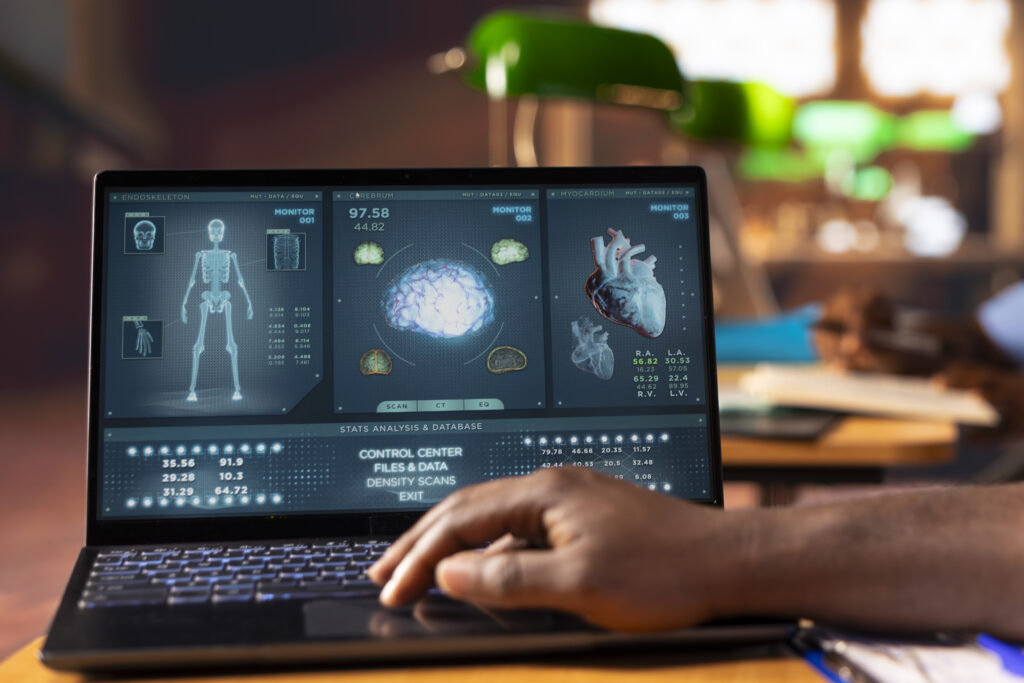


With the COVID-19 pandemic well into its second year, it is no longer realistic to predict when the pandemic will end. In fact, pandemics are known to transition to endemicity, with a more equivocal and steady state coexistence of the viral agent and its host. However, whilst awaiting that, businesses must run, offices must work, factories must manufacture, constructions must continue, students must learn, and families must reclaim lost elements that contributed to their quality of life, including meeting family members sequestered in different locations. Travel and hospitality sectors must regain momentum gradually and carefully. In short, life must carry on within the paradigm of the “new normal.”
Each country has its own priorities. For the UAE, a major initiative was postponed on account of the uncertain situation in 2020 – the World Expo! With the hard work put in to implement exemplary public health measures and a robust, country-wide vaccination program, the UAE’s World Expo, to be held at Dubai, is on the horizon. Now to commence a year after the original start date, all efforts are in full swing to make it memorable for Dubai, for the UAE and for the millions of visitors who will attend from all over the world. Travel has already opened up; physical conferences are being held; the hospitality industry is on the upswing; schools and universities are open…and there is optimism all around. However, the national leaders and authorities are cautious and aware that utmost vigilance must be maintained. This entails ensuring that the entire infrastructure is geared to function in an ultra-safe mode, remaining careful, alert, nimble and efficient, on the back of an unshakeable national healthcare system.
Guidelines from national health bodies, OSHA (USA and Europe) and other agencies have already laid the foundation for Return to Work. Whereas some modifications in day-to-day movements may be expected in order to accommodate changing trends in the key metrics that are dynamically tracked through surveillance activities, the move to restore the normal machineries of life, living and livelihood within community segments continues.
All sectors have worked hard to implement safety for those they support and serve – be they administrators, students, employees, workers, members, visitors, travellers, tourists or guests.
Is there a way to be surer and become totally confident that the
measures are effective?
outcomes will be as expected?
efforts are sustainable?
As experienced healthcare professionals, we use our knowledge, experience and understanding of your needs to enable you to meet your safety objectives within the national regulatory framework.
We are your partners in returning to work safely and confidently, sure in the knowledge that your organisation is meeting the necessary national and relevant international regulation.

The practice of evidence-based medicine has catalyzed the diagnostic disciplines to keep pace with advances in scientific knowledge and new insights into existing conditions and emerging diseases. The clinical laboratory contributes to over 70% of diagnoses and is therefore a major contributor to effective clinical decisions made by physicians in a healthcare system.
Although technological innovations have vastly improved the accuracy and speed of test results, expertise in both Laboratory Medicine and Operations is required for selecting and implementing options that are relevant to the need of end users.
Clinical Laboratories range from reference, to hospital-based, to primary health center, to physician office, to independent community labs.
Whether it is a new set-up, or an upgradation of an existing facility, or an expansion of the services portfolio, critical success factors are an understanding of the market, careful planning and resource rationalization prior to commencing the actual work. This prevents waste of effort, time and finances, whilst ensuring commercial viability.
A well-conceived facility layout and fit-out, the selection of appropriate technology and staff, and the implementation of relevant policies, protocols and procedures contribute to an effective, efficient and sustainable laboratory operations, where waste is minimized.
The benefits of a robust ICT strategy and its earliest adoption are indisputable. Direct data flow from automated testing platforms to the LIS reduces the risk of transcription errors and shortens the reporting time for at least 60% of the tests in a typical lab. A reliable HIS interface supports timely and assured test results delivery to the ordering physicians. Moreover, the LIS is often required to communicate invoicing details to the insurer.
Increasingly, national and international clinical laboratory and general healthcare quality standards are mandated by health authorities in order to assure optimal clinical decision support and positive patient experience and outcomes.

The Corona virus pandemic has given a great impetus to the move online for almost all business and healthcare transactions. The clinical laboratory is no exception. This is a great opportunity for you to extend your services online using an e-commerce platform – a simple website is not enough anymore.
Some of the advantages that you get from using e-commerce are:
A portfolio of all your test services becomes available online in a searchable form – doctors and patients who visit your site are those looking for diagnostic solutions and are important prospects.
Pricing information will be available readily and you can implement advance online payments easily and securely.
Marketing – especially special offers and coupons can be easily offered.
Brand building is a natural byproduct – in time the web solutions could be an extremely valuable asset.
Overhead in terms of people and infrastructure is low – we can help in creating the entire solution on the cloud.
It is possible to integrate the e-commerce site with your line of business applications like Laboratory Information Systems (LIS), Customer Relationship Management (CRM) and accounting systems.

Many healthcare IT systems exist in silos and are not able to exchange information in a meaningful way with systems from other organisations. HL7, the world’s leading healthcare standards organisation has created the next generation framework called FHIR or Fast Healthcare Interoperability Resources (FHIR) to address these problems. There are many advantages to implementing FHIR in your organisation:
FHIR is already in use in many countries including the US, UK, Germany, Australia, Canada, Switzerland and Denmark. These countries offer libraries that can be used in implementation depending on the use-case of your organisation.
The specification is open-source and free for use. There are many developers well versed in FHIR implementations and the process is fast and easy.
The foundation of FHIR is based on web standards like REST, XML, JSON, HTTP and OAuth making it suitable for use in distributed environments.
Epic and Cerner, leaders in Electronic Health Record systems are applying the FHIR to their products and are actively participating in FHIR-related activities.
Cloud service giants like Amazon Web Services (AWS), Google Cloud Platform, and Microsoft Azure all provide FHIR interfaces for health data making the process secure and scalable.
Apple’s Healthkit is based on FHIR and iPhone users can receive their medical records from their providers.
We have the necessary expertise to help you plan your strategy for FHIR.
If you are interested in taking the next step in implementing FHIR in your organisation, please send us an email at Inuiry@sumedhasahni.com

Examples of Use Cases:
• Image Classification, e.g., classify images into affected vs. unaffected (Radiograph, MRI, CT, USG, ECHO, endoscopy, etc)
• Information extraction from medical notes into a JSON format, making it easy to store and transmit data in the interoperable HL7 format, FHIR-R4.
• Summarization of large documents
• Personalization when responding to patients by giving them very specific responses
• Accessing large publicly available databases, websites and documents and adding them to the LLM prompt.
• Adding the healthcare entity’s proprietary data to a LLM to get much more credible and accurate responses
– Retrieval Augmented Generation
• Personalized and accurate data-driven diagnosis and recommendations of complex genetic testing.
• Detailed variant analysis and interpretation.


© 2025 By SUMEDHA SAHNI
Designed by Ameya Innovex
© 2025 By SUMEDHA SAHNI
Designed by Ameya Innovex